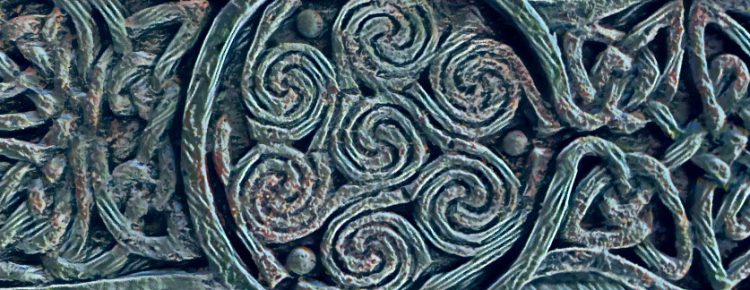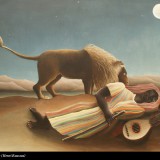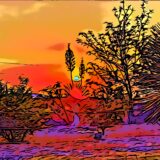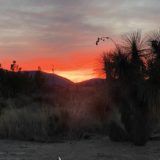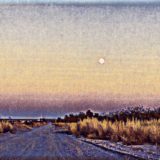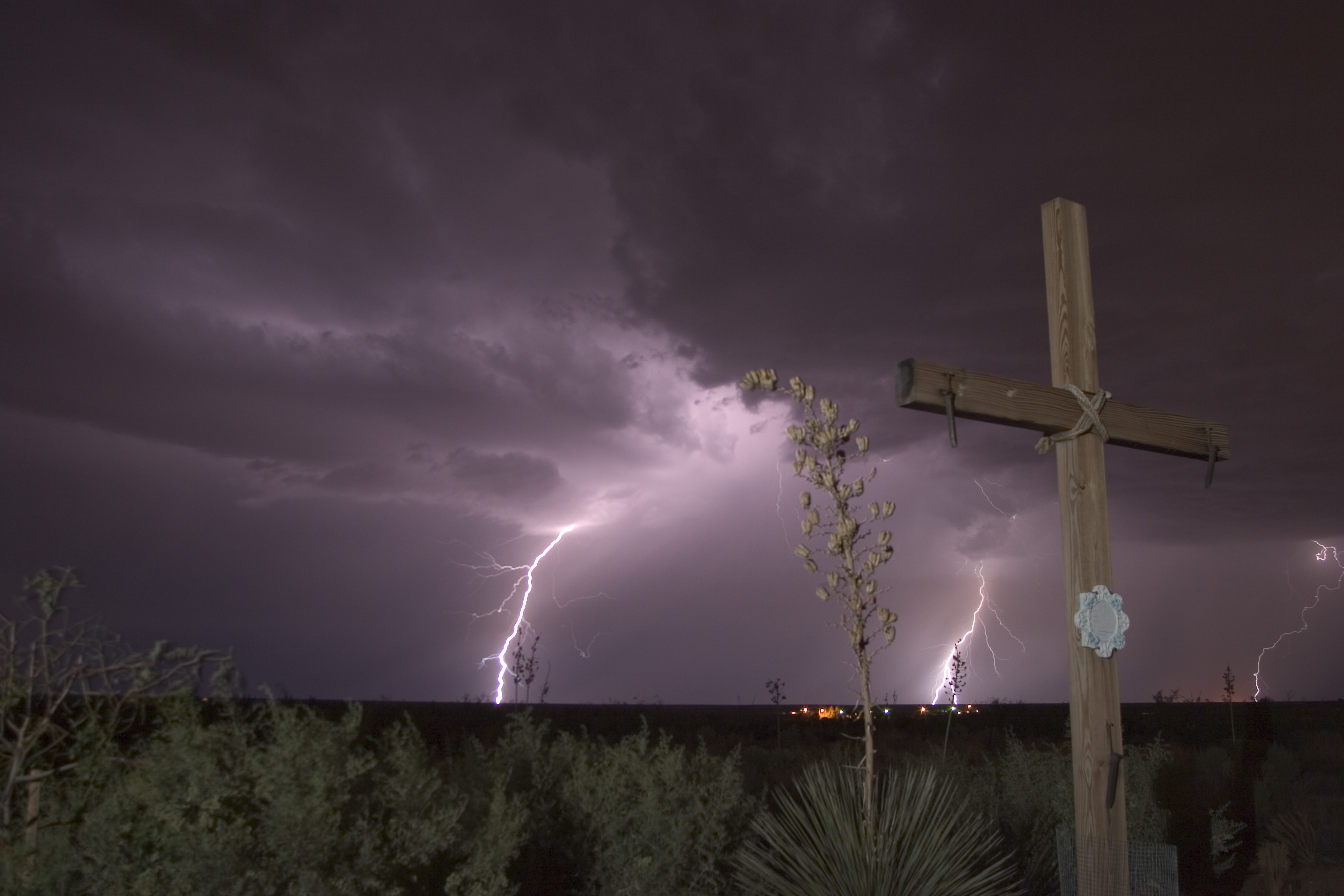Epiphany 2024
Gospel Reading: Mark 1:21-28:
Then they came to Capernaum, and on the sabbath Jesus entered the synagogue and taught. The people were astonished at his teaching, for he taught them as one having authority and not as the scribes. In their synagogue was a man with an unclean spirit; he cried out, “What have you to do with us, Jesus of Nazareth? Have you come to destroy us? I know who you are—the Holy One of God!” Jesus rebuked him and said, “Quiet! Come out of him!” The unclean spirit convulsed him and with a loud cry came out of him. All were amazed and asked one another, “What is this? A new teaching with authority. He commands even the unclean spirits and they obey him.” His fame spread everywhere throughout the whole region of Galilee.
![]()
Reflection: Toward an Integrated Life by David Morrison
How basic to our lives is the idea of having “an address?” It speaks of both a place and a name. As we experience the traumas life has to offer us, so often we lose our sense of address-we have no sense of “home,” and we can’t hear our spiritual name (the essence of our identity) being called because we seem to no longer inhabit that address. I suspect this was the case of this man Jesus encountered in Capernaum. In the gospel reading, we see one of nine or so healings of those afflicted by demons in the ministry of Jesus. Without getting lost down the rabbit hole of what demons are, or how healings work, it’s better to look at the signs to which the miracles of Jesus point. They seem point to the afflicted person being integrated back into their communities. In one story (later in Mark 5), the man had been physically separated from community (his neighbors had him tied up on the outskirts of town) while in this earlier account, the man was internally separated while externally still being a part of his community. The Presence of God in our midst is always creating community and healing (reconciling) it. When it comes to our own personal traumas and memories, most of us have the tendency to separate ourselves from their realities. This can cause all kinds of other problems for us. The healing work of God integrates these traumas back into our lives. Most of the presentations of the gospel in our culture seem to be based on a promise to provide us with an escape from this life. I see the Gospel as the invitation to enter into and embody the radical and real rawness of life itself just as God demonstrates in the life of Jesus of Nazareth.
This healing was in many ways disruptive to the status quo in his community and life. I’m sure the man and his family and friends knew what to expect pretty much every day. Now that he was free from his invisible and interior tormentors, he had to ask the question: “What do I do now?” His community had to now ask: “How do we relate to each other now?” It invites us to ask a daring question of ourselves in the presence of prayer: “Am I willing to take on a new disruption in my life in order for a new creative way of living to emerge?” Much of our contemplative practices (prayer, art, gardening, yoga, etc.) have an intrinsic goal to take our minds to a place of contentment with our lives. Contentment fosters an attitude of thanksgiving and peace, but it can have a negative result as well: That is that it protects the status quo in our lives. We can then become closed to new creativity and further changes that need to come. As we recognize and begin to take ownership of our protecting the status quo, an authentic gift of discontentment will emerge. This discontentment can foster a new creativity in how we simply carry ourselves and relate to everyone and every circumstance in our lives and world.
![]()
Prayer: (inspired by Psalm 95:8)
“Today—let me listen to your Voice: and let my heart be open.”
![]()
For Further Reflection:
Read aloud “For Calling the Spirit Back from Wandering the Earth in Its Human Feet” by Joy Harjo.

